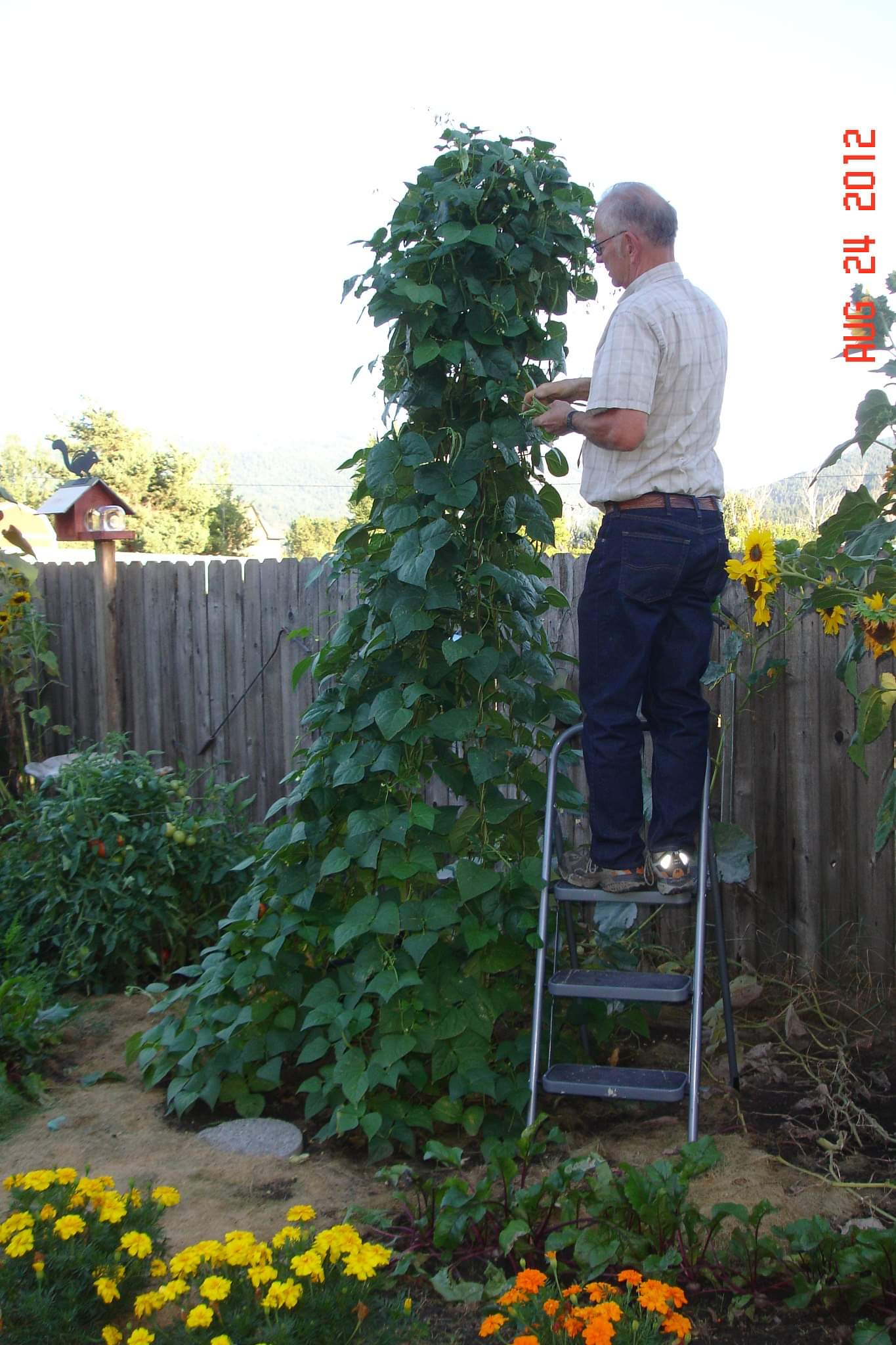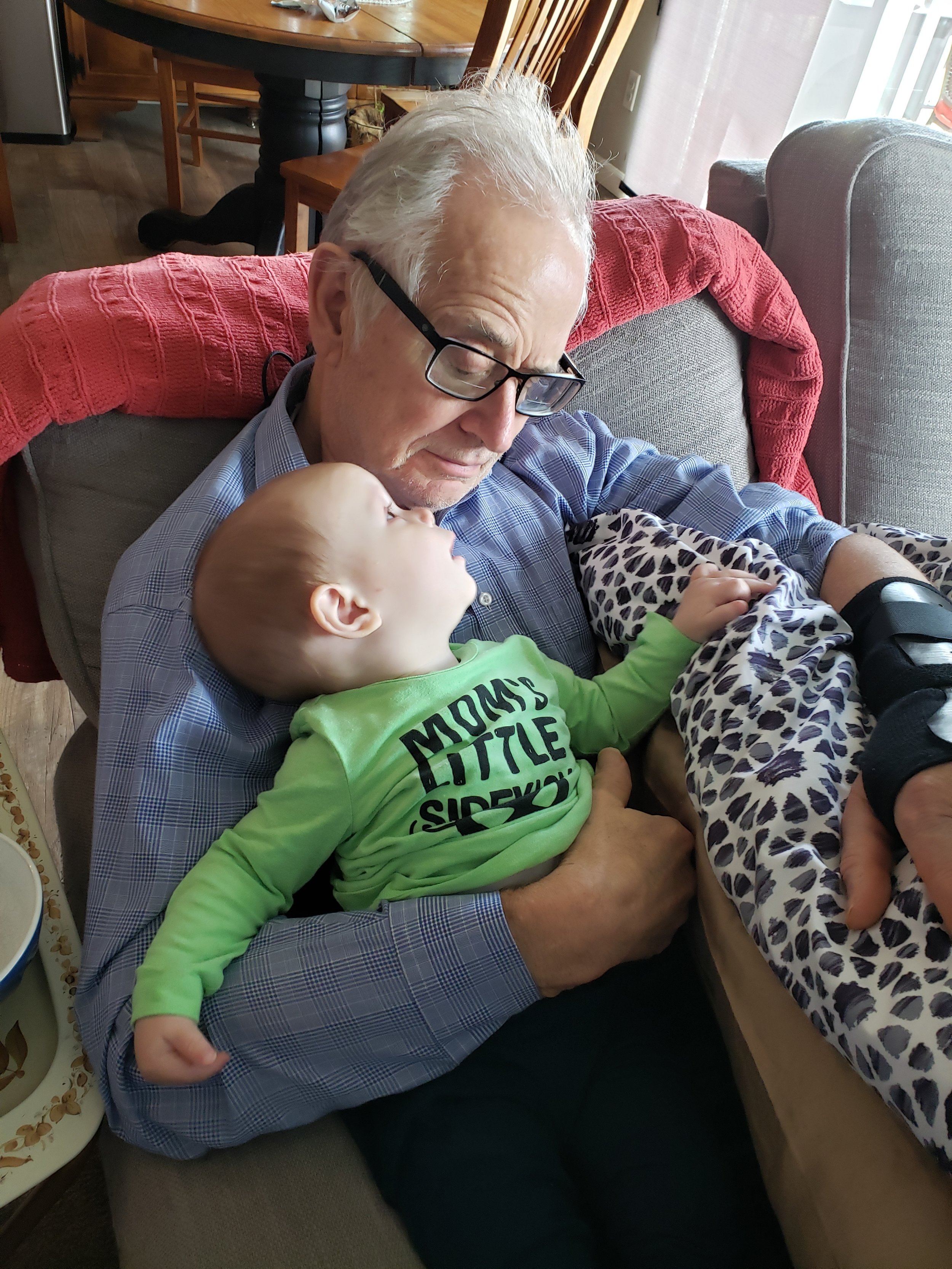15 Questions to Ask
My wonderful friend and long-time nanny, Jenna received discouraging news about her dad last week. His health has been declining rapidly and now they understand why. He has been diagnosed with Progressive Supranuclear Palsy, which means (in layman’s terms) his brain is shrinking and he is losing his ability to do just about everything—quickly. He will probably have about 3 to 6 months before he is wheelchair bound and just a few years to live. As Jenna has been processing this news, she reached out to me and asked if there were 10 to 20 questions for her and her siblings to ask their father—questions that will help them hear some of his most poignant memories and share stories that will make a difference in their lives and the lives of their children.
Are there such questions?
YES. Absolutely.
I certainly don’t consider myself the expert on important end-of-life efforts like these, but I do know the kinds of things I want to gather from my own parents and I’ve been a memory keeper and storyteller long enough to know what sort of details children and teens will relate to and remember as they grow. I am going to share some of the questions I’m compiling for Jenna and her dad, Jim. Naturally, I would LOVE to hear your ideas and input as well—I invite you to leave me a comment if you have an experience or advice for Jenna and others.
My first thought is that we want to help Jim prioritize some of his memories, especially those experiences that he wants to be a part of his legacy. With this in mind, here are the first three questions:
What have you considered your life work to be?
What is something you have accomplished that you are particularly proud of?
When your grandchildren talk about you, what do you want them to say?
Next is the effort to gather some specific favorites that Jenna and her siblings can use to create a connection for grandchildren, or really anyone as they grieve and move forward without Jim in their lives. When we eat, listen to, do or use the same things that our loved ones ate, listened to, did and used we open neural pathways of sensory connection, which are powerful and comforting.
What is your favorite book? or What book do you love to read most?
Is there a specific song that you have love to listen to or dance to? What type of music is your favorite?
What is your favorite comfort food? Fruit? Treat?
Which is your favorite season? Time of year?
Which holiday brings back happy childhood memories for you? Is there a tradition associate with this holiday that you love?
How do you most enjoy spending a Saturday afternoon?
What is your favorite scent? Thing to smell?
Before we move on, I want you to pause and think about drinking a cup of tea from one of your Grandma’s china cups or adding The Tennessee Waltz to a playlist because your dad used to whistle it when he worked outside. Imagine making your brother’s favorite cookies each year on his birthday. My extended family loves to eat watermelon on July 23rd, my grandpa James’ birthday. Some years we even post pictures of us eating watermelon to Instagram and use the hashtag #watermelonforjames to help us remember him and feel closer to one another .
Of course one of the most important efforts will be around helping your loved one tell some personal stories. The most memorable stories and those that will be easiest to recall will involve strong emotion. Asking questions that point to a specific time in someone’s life will make the recollection easier.
When you were a child, what was your school like? Tell us about a time you did something really well at school?
Can you tell us about a time you got in trouble? And what you learned?
Tell us about a time as a father when you were really scared?
How did you meet our mom and how did you know you wanted to marry her?
Can you recall an experience when you felt overwhelming gratitude?
Before you ask opened ended questions like these, make sure to open the Voice Memos (iPhone) or Voice Recorder (android) on your smart phone and start a recording. Not only will you be able to replay answers to the questions you’ve asked, but you’ll capture other gems that surface as a natural result of inviting someone to open boxes in their attic of memories and these are often very specific memories that you otherwise wouldn’t know to ask about.
I’ve compiled these questions HERE on this PDF. Please download it and use it to help someone you love share personal memories. This is not an exhaustive list, but a place to start and to work from as you personalize your interviews.
ONE MORE THOUGHT: As you come across photos that you know represent something unique to your family—this one show’s Jim playing a game of Jig’s Up with two of his sons-in-law. Why not print a copy and ask him to explain what the photo is about. Visual cues are wonderful entry points for discovering details from this person’s perspective.
Here’s another printable solution that will help you gather specific information from family members. This episode of my podcast may give you additional ideas.





